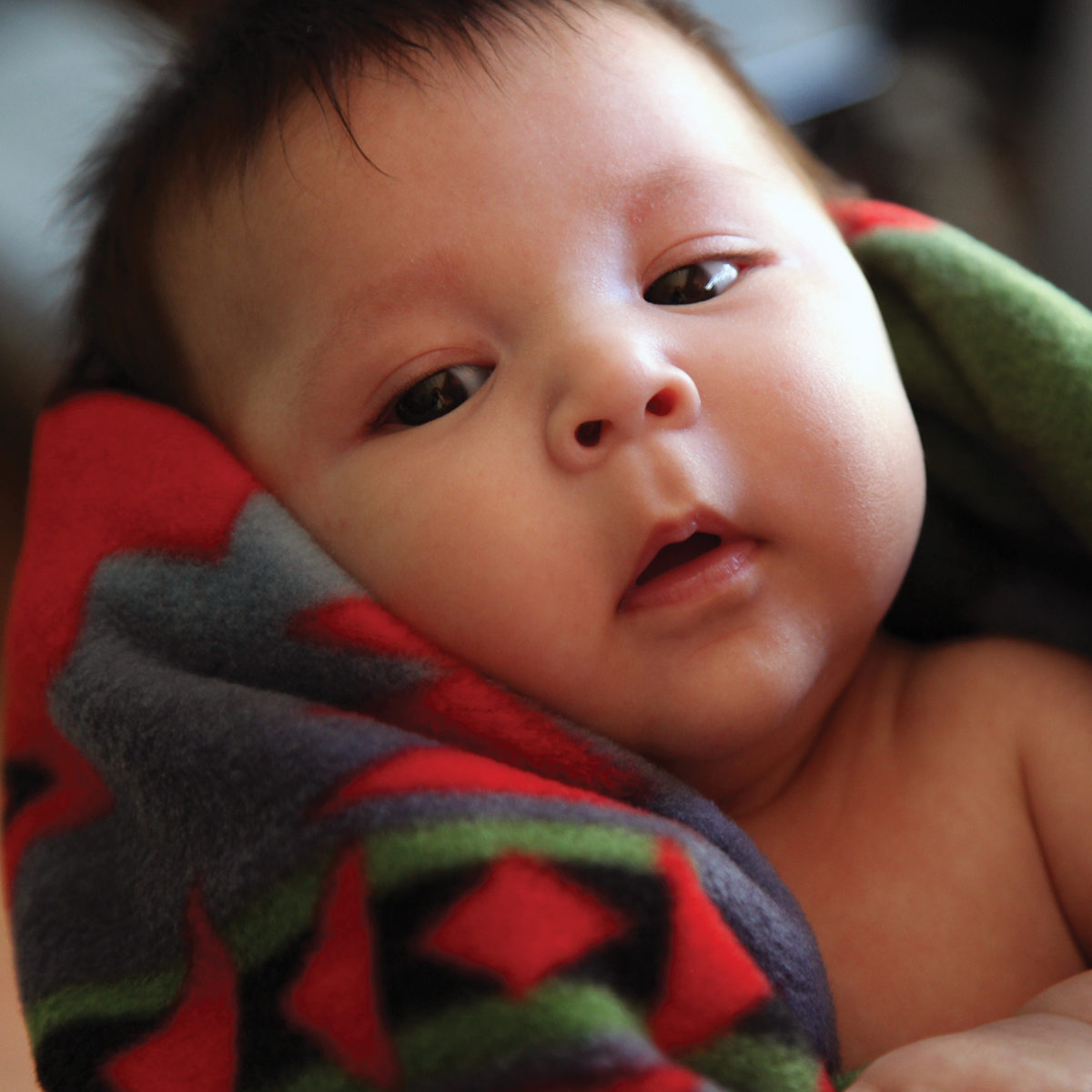Eric Schweig is a Canadian actor of mixed Inuvialuk, Chippewa-Dene and German heritage. He opens up about the joys and challenges of being a new foster caregiver to two siblings. As a former foster child himself, he knows all too well the obstacles that youth can face when growing up in care.
“I was the oldest of seven children who were all adopted out,” explains Eric. “I ended up being a street kid myself for a long time. Most of my friends were foster kids who were always running from their group home and situations. We were all just out there on the streets together.”
Eric’s journey is a testament of resilience. He overcame his difficult childhood and a struggle with alcohol abuse to eventually become a successful actor starring in the Last of the Mohicans (1992) and Big Eden (2000). He is also an artist specializing in carvings and an advocate for Indigenous issues including adoption, the foster care system, addictions and suicide.
He spent a number of years working at Native Health in Vancouver with the homeless. In 2017, a friend challenged him to take his advocacy for youth a step further. “He said: ‘Eric, you’re always looking after people—why don’t you raise the bar and consider fostering?’” The conversation was a spark that eventually led Eric to partner with Vancouver Aboriginal Child and Family Services Society to foster two siblings.
Vancouver Aboriginal Child and Family Services Society provides holistic services to urban Indigenous children and families in the Vancouver. Their restorative service model strives to connect Indigenous children to their culture by training foster caregivers, exposure to cultural practices and involvement in events, such as the annual caregiver cultural camp.

When asked about the transition to fostering, Eric laughs. “I went from 30 years of bachelorhood to Mr. Mom over here! Everything changed overnight. You have to learn to compromise pretty quickly. I went from only having to consider myself for every decision to centering everything on my foster kids. It was a real 180.”
They teach you patience and to see the joy in little things.
But despite the change, Eric enjoys his new family situation. “For one, my cooking has improved,” he jokes. “But in seriousness, I love it. They teach you patience and to see the joy in little things.” Eric enjoys encouraging his foster daughter to paint and nurtures her artistic talents. “I went and got art supplies for her and we turned one wall in her room into a canvas she can paint on—it’s awesome!”
With his foster son, Eric finds his enthusiasm infectious. “My son is incredible. Watching him this past year has been amazing. He is so positive. He’ll dance out of his room and just look at his sister and me and say ‘I love you two!’ He’s so excited to start each day. It’s kind of a weird trait for a teenager!”
Sometimes people ask me if it’s hard being a single Dad. My response is: my childhood was hard. Being on the streets was hard. This is easy.
The rewards are well worth the effort, says Eric. “Sometimes people ask me if it’s hard being a single Dad. My response is: my childhood was hard. Being on the streets was hard. This is easy.” Being able to provide a home for youth in care is a kind of full-circle catharsis for Eric. “I know what it’s like to be out there without support, and it’s an awful feeling. The peace I didn’t have when I was a kid—I get it vicariously through these kids being at peace here. It’s a good feeling.”
Learn about foster caregiving at Vancouver Aboriginal Child and Family Services Society (VACFSS). Caregivers are needed and provided with training, support and the tools for success in joining in our “Circle of Caring”.











